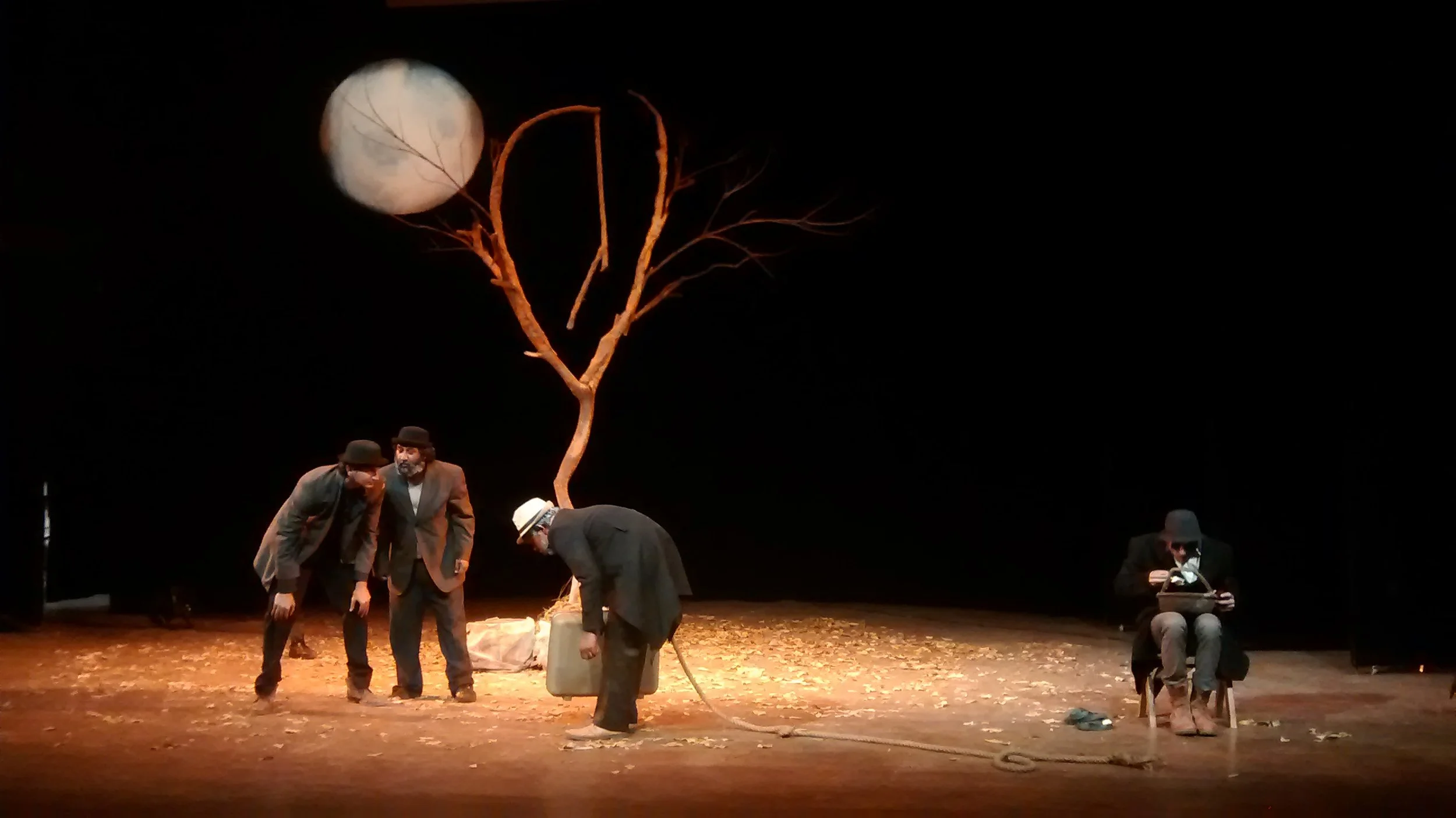Open source cities
I recently read Palaces for the People by Eric Klinenberg where he makes the case for “social infrastructure” - communal places where people come into contact with one another - be they outdoor, such as parks, beaches and sidewalks; free, such as churches, libraries and town halls; or commercial, such as cafes, barber shops and markets.
These “third places” as he calls them, shape the way we interact with one another and have an extraordinary and unique effect on our personal and collective wellbeing. In it Klinenberg shares some great examples of how well designed social infrastructure helps towns and cities build the resilience they need to deal with disasters, the strength to avoid them, and the wherewithal to thrive for the benefit of all. It is the hardware of a town or city that helps makes the software work.
He particularly makes the case for the first two categories of places - open and free - because they are levellers, encouraging interaction across a community - young and old, rich and poor.
I am personally more interested in the third though - commercial third places, not because of some deep rooted belief in capitalism or a desire to run a barber shop, but because I believe they provide a potential way for communities to build and maintain social infrastructure themselves, without relying on outside funding.
You see I believe that citizens have the means at their disposal right now, in their communities, to build commercial third places; that these can include elements that are outdoor and free; and by so doing they can create the self-sustaining social infrastructure they need to build resilience, strengthen their community and thrive. It is the development of an open source way for citizens to do this - to fund, develop and maintain the third spaces they need, without relying on outside grants, that interests me.
Don’t get me wrong, outside help from governments or foundations is great, but if you need it to build or maintain your third places, you are putting your town’s destiny in the hands of organisations who, no matter how well-meaning, have limited funding, are under ever-increasing pressure and are juggling umpteen priorities beyond yours.
It is like choosing to cast yourself in Samuel Beckett's “Waiting for Godot”… where you’re one of the clowns.
Instead I believe we need a way for communities to develop and fund their own social infrastructure from within, not to relieve government of their responsibility, but to provide an open source blueprint so our towns and cities can have agency and thrive regardless. That is what I think is needed.
If this strikes a chord or you have seen people do this, comment or drop me a note. I’d love to talk.

